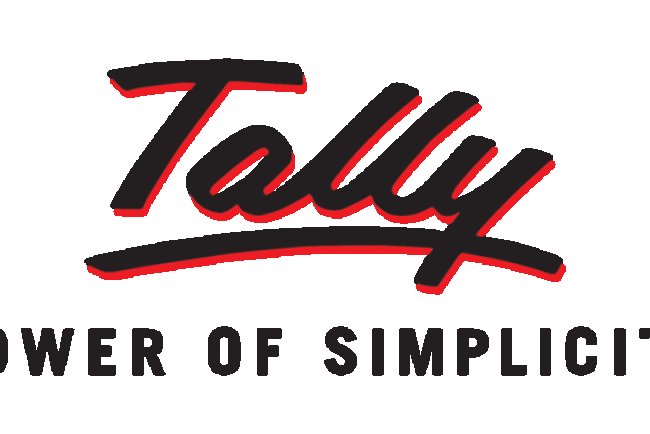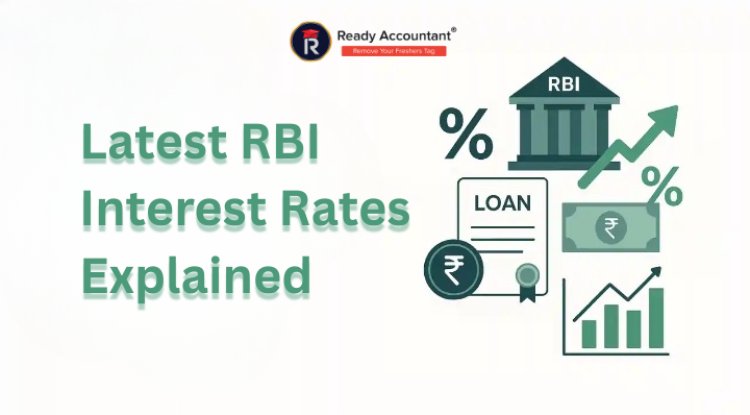Essential Financial Software for Business Efficiency
Financial software enhances business efficiency by providing accurate financial management and reducing errors. It centralizes data like revenue, invoices, and payments, offering a clear cash flow perspective. By automating tasks such as invoice entry, reporting, and payment reminders, it saves time and reduces manual workload. Financial software also simplifies tax preparation by organizing data for returns and deadlines. Additionally, digital invoicing improves tracking and reduces the need for costly external accountants. With cloud storage, businesses benefit from secure, accessible, and agile financial management, enabling better planning, cost-saving, and streamlined operations.

Why is financial software useful for businesses?
In efficiency terms, the way that you handle your business finances will have a big impact on performance. Whether you’re a small business working from piles of paper and receipts or a large enterprise with complex spreadsheet systems, it’s difficult to be financially accurate and effective without the right infrastructure in place. Financial software provides that infrastructure and also offers many opportunities for better financial management. These are just some of the reasons why financial software is useful for businesses.
Perspective on cash flow
The range of different figures and sources that are required to provide a truly accurate picture of cash flow often make perspective difficult to achieve. With financial software, everything, from revenue in, to invoices sent and overdue payments is integrated into one place so that you can see exactly where your business is at any time. Not only will this ensure that you’re fully aware of the way that cash moves around the business at any given moment, but it will also provide solid foundations for more accurate financial planning and projections.
Improving accuracy and reducing error
There is a lot of potential for error with manual calculations. That’s especially so if you’re working with multiple documents and data sources, bank accounts and records. Financial software can help to ensure data entry is carried out in a way that is accurate. So, your business won’t be held back by errors in accounting and you can spend less time on correcting mistakes.
The use of automation
Automation is a quiet revolution in financial management, reducing time spent on basic or repetitive tasks and freeing up staff to work on other more value adding jobs. Financial software, such as SunSystems, has automation built in to reduce workload in key areas such as invoice entry, workflow processing and reporting. It means that you’ll have full financial records, drawn from invoices or past payments, and you won’t have to manually input this data yourself. It can be used to send reminders and chase up payments so that functions, such as collecting on invoices, don’t have to take up quite so much time.
Tax preparation
All financial software will have tax preparation functions integrated, as this is something that every business is required to do. From keeping accurate records through to exporting the data necessary to make returns and file accounts for tax purposes, the process is simplified and more accurate where financial software is involved. Not only is your data better handled and more accessible but you can also use financial software to support scheduling so that you don’t miss key deadlines.
Efficiency and cost
Digital invoices are simple to prepare and send with financial software. These can be easily tracked and chased up, monitored and shared and the data quickly and effectively exported into other key documents. In fact, financial efficiency is improved throughout the business with software use, providing multiple opportunities to reduce cost, from ensuring prompt invoice payments through to minimising the need for professional accountancy involvement. Cloud storage ensures your data is secure and also that it can be accessed flexibly to support an agile business model.
What's Your Reaction?



















